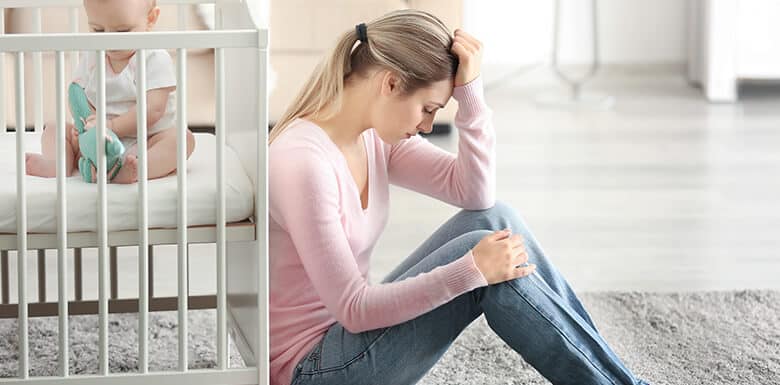
Written by Jonathan Breeden
If your children’s other parent has abused you or your children, it is important to contact an experienced North Carolina child custody lawyer for help. The thought of sharing custody with someone who has harmed you or your children is frightening. You want to keep your children as safe as possible, but you cannot dictate that the other parent cannot see the kids. You have to go through the court system and gain a court order determining if and when the other parent can spend time with your children.
The process can be frustrating, but by working with Breeden Law Office, an experienced attorney will guide you through it. Attorney Jonathan Breeden has years of experience handling domestic violence and child custody cases. He will fight for a safe situation for you and your children.
Call (919) 661-4970, or reach out online to schedule a consultation and learn more about your options.
Attorneys Jonathan Breeden and Holly King explain how a domestic violence record can affect child custody in North Carolina.
In North Carolina, domestic violence constitutes certain criminal, violent, and malicious behavior between people with certain familial and close relationships. Such actions include:
To constitute domestic violence, the conduct must be perpetrated against someone who is a current or former spouse, intimate partner, romantic partner, household member, relative, or the other parent of a shared child.
If your children’s other parent victimized you or your children, then this will most likely affect a judge’s child custody decision. That being said, allegations alone are not enough to permanently alter child custody. You must gather evidence that the other parent is guilty of abusing you and/or the children.
Evidence of domestic abuse can include:
An experienced child custody lawyer will help you gather evidence of domestic abuse during your child custody case.
When a judge must decide physical and legal child custody, they must determine what is in the child’s best interests. A judge will consider many factors, including the mental and physical health of each parent, the environment in each parent’s home, any evidence of alcohol or drug abuse by a parent, and any evidence of physical, sexual, or emotional abuse.
If there is evidence that a parent has physically, sexually, or emotionally abused a child, then a judge is likely to award sole or primary physical and legal custody to the other parent. It is not in the child’s best interests to be placed in a home where their physical health, mental well-being, and development are in danger.
Depending on the evidence against the other parent, the judge may award you primary custody. The other parent may or may not be granted visitation rights. It is important to understand that a finding of domestic violence does not mean the other parent will lose all rights to see or retain a relationship with their children.
If there is hope for improvement and to salvage the child’s relationship with their parent, the judge may award visitation or supervised visitation in which a third party, such as a relative or social worker, must be present.
If the abuse was severe and there is little hope for an improved situation, the court may not allow the other parent to spend any time with the children. This is typically seen as an extreme measure. In the most extreme cases, you may wish to pursue termination of parental rights.
Any type of domestic violence in a household can affect child custody. You should talk with an experienced child custody lawyer right away if your children’s other parent has caused you harm. Even if there is no evidence the other parent has harmed the children, violence against you can impact the child custody case in your favor.
If your children’s other parent has harmed one or more of your children, we recommend seeing an attorney or seeking an emergency domestic violence protective order right away. Breeden Law Office can help. Once we win an emergency DVPO and/ or emergency custody, we will pursue a long-term protective order and full legal and physical custody of the children in order to keep them safe.
To talk with an attorney about how to move forward in your current situation, contact us at (919) 661-4970 to request a consultation.